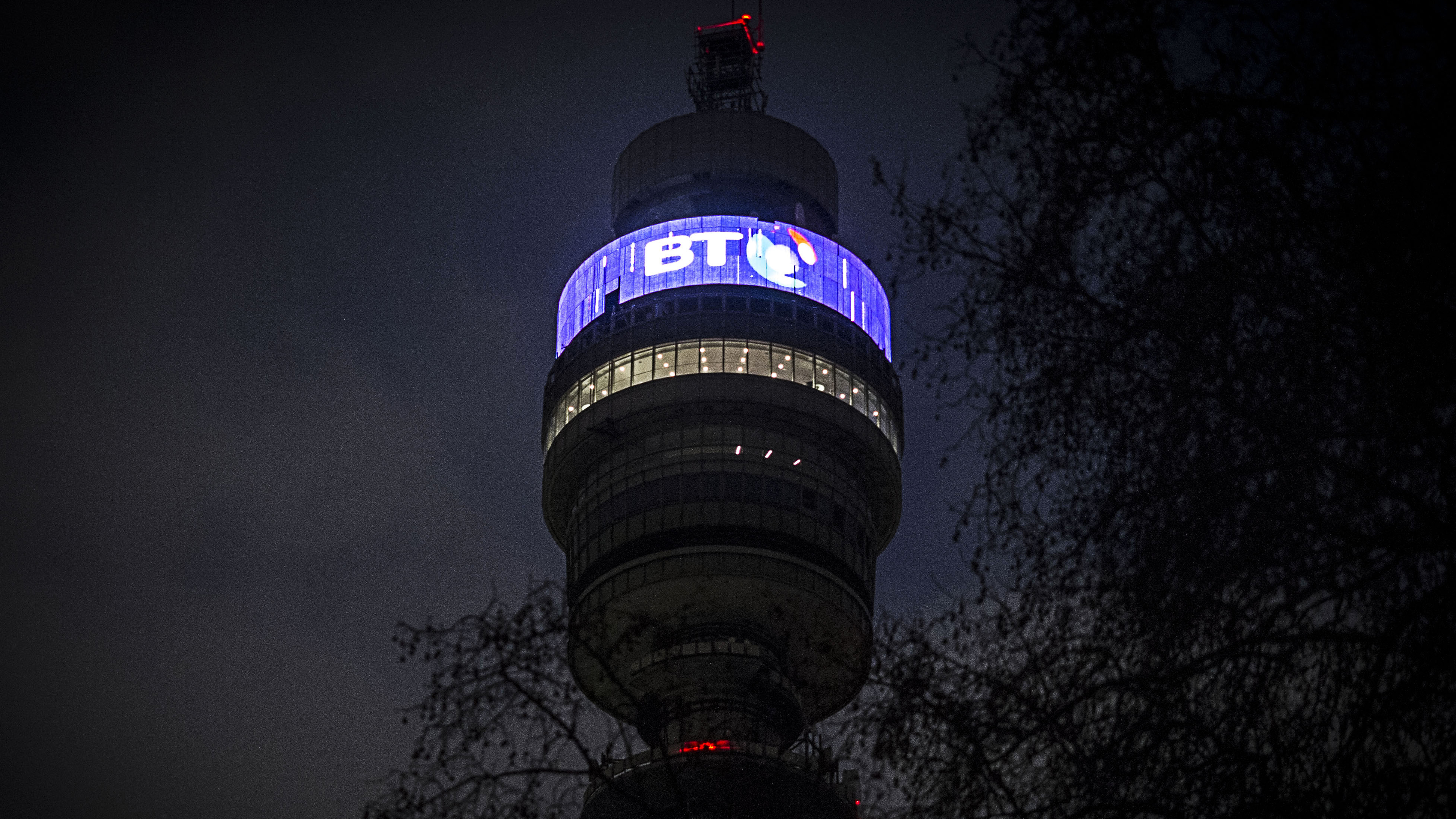BT says coronavirus has hit revenues but is optimistic of recovery
CEO claims "strong operational performance" is cause for optimism

BT is counting the cost of the coronavirus crisis after revenues and profits were hit by the pandemic over the past three months.
The UK’s biggest telecommunications company reported a seven per cent drop in revenue to £5.25 billion while pre-tax profits fell by 13 per cent to £561 million.
Although mobile and broadband services have grown in importance during lockdown, the industry has seen some business and mobile revenues fall and has found it difficult to monetise the growth in home broadband traffic.
- Openreach to prioritise essential work during coronavirus
- Coronavirus: Networks offer free access to NHS Online
- UK bans Huawei from 5G
BT results
Meanwhile, wider economic challenges have also had an impact. Consumer revenues fell by seven per cent to £2.36 billion due to a reduction in some mobile revenues, notably roaming and prepaid, and BT Sport.
Enterprise income fell by nine per cent due to £1.35 billion due to a mixture of long-term and short-term issues. Revenue from legacy services fell again, while reduced business activity has led to an inevitable reduction in the use of communications. The company says a new ‘Small Business Support Scheme will provide additional help to businesses struggling with the economic effects of Covid-19.
However the efforts will be led by a new Enterprise CEO, Rob Shuter, who replaces the retiring Gerry McQuade.
There was better news at Openreach, where revenues rose by one per cent to £1.29 billion thanks to increased adoption of fibre and Ethernet. BT has confirmed that Openreach has now connected three million premises to fibre and is on track to reaching 4.5 million by March.
Are you a pro? Subscribe to our newsletter
Sign up to the TechRadar Pro newsletter to get all the top news, opinion, features and guidance your business needs to succeed!
BT also provided an update on how the UK’s decision to ban Huawei from the UK’s rollout of 5G networks will affect the company. BT says that although the exclusion will require additional activity to remove Huawei kit already installed in the EE network and to plan for a life without Huawei gear, it expects to be able to absorb the cost into its initial estimates.
When the government imposed a cap on the amount of Huawei radio equipment any provider could have in their infrastructure earlier this year, BT said the bill would be around £500 million.
It added that the ban will have now impact on the pace or coverage of its 5G rollout.
BT CEO Philip Jansen said that despite the obvious challenges the firm had faced in the quarter that he was pleased with a “strong operational performance.” Investors have also been warned to expect a 5-6 per cent drop in revenues for the financial year but Jansen predicts a medium-term recovery as the wider situation improves.
"Throughout this crisis we remain focussed on delivering against our strategic goals to deliver long-term value for shareholders,” he said. “Although uncertainties remain, we are now able to provide an outlook for this financial year. Despite our strong operational performance in the first three months of the year, it is clear that Covid-19 will continue to impact our business as the full economic consequences unfold.
“Beyond this year and based on current expectations, we expect to return the business to sustainable adjusted EBITDA growth, driven in part by the recovery from Covid-19."
- Here are the best BT broadband deals
Steve McCaskill is TechRadar Pro's resident mobile industry expert, covering all aspects of the UK and global news, from operators to service providers and everything in between. He is a former editor of Silicon UK and journalist with over a decade's experience in the technology industry, writing about technology, in particular, telecoms, mobile and sports tech, sports, video games and media.